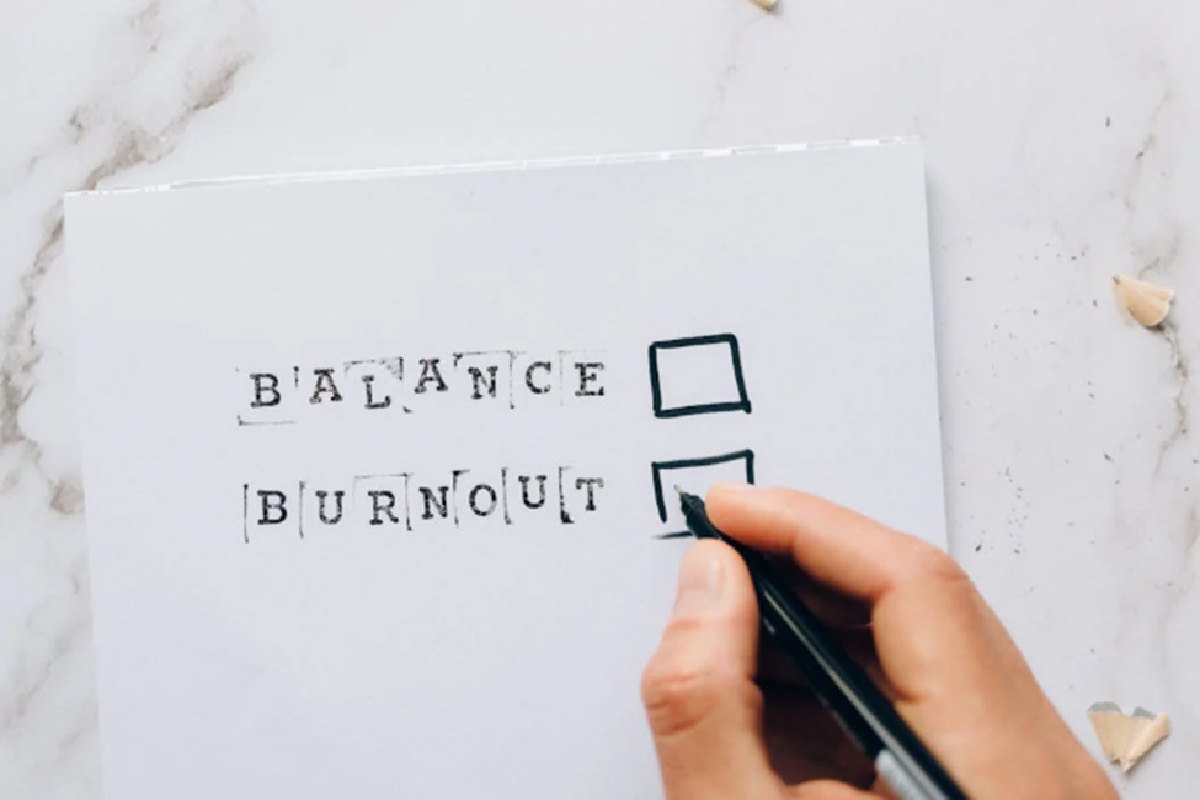Many people today are trying to manage packed schedules, endless digital distractions, and the pressure to perform both at work and at home. Burnout is no longer just a word people use casually—it has become a real health concern that affects energy levels, mood, and even physical health.
Burnout is not the same as feeling stressed after a busy week. Stress comes and goes, but burnout lingers and grows until it becomes a constant drain. It can make simple decisions harder, increase irritability, and weaken motivation. Over time, it chips away at both productivity and well-being. The good news is that research now gives us clear strategies to prevent burnout and even reverse it. This article will explore practical, science-backed methods that you can start using to restore balance and energy in your daily life.
Why Burnout Is More Than Just Feeling Tired
Many people mistake burnout for exhaustion, but the two are different. Exhaustion is temporary and usually improves with rest. Burnout, on the other hand, is a deeper state of mental, emotional, and physical depletion. It develops when ongoing stress has no relief, leaving you feeling detached, unmotivated, and even hopeless.
Psychologists describe burnout as a cycle that includes exhaustion, cynicism, and reduced performance. Unlike regular tiredness, it can affect relationships, reduce interest in hobbies, and even cause physical symptoms such as headaches or digestive problems. Professionals who have pursued accelerated PsyD programs often emphasize that burnout should not be dismissed as simple fatigue, since it has broader effects on overall mental health and functioning. The World Health Organization now recognizes burnout as an occupational phenomenon, which highlights its growing impact on public health. Understanding this difference is the first step in breaking the cycle.
The Brain on Burnout: What Science Says
Burnout affects more than just how you feel—it changes how your brain works. Chronic stress triggers the release of cortisol, a hormone meant to help in short bursts but harmful when levels stay high. Elevated cortisol over time can shrink parts of the brain involved in memory and focus. This explains why people with burnout often report difficulty concentrating or remembering details.
Research also shows that burnout lowers dopamine activity, which reduces motivation and enjoyment. The combination of high stress hormones and reduced reward signaling makes it hard to feel engaged, even with tasks you once enjoyed. Scientists are now studying how lifestyle changes and recovery strategies can reverse some of these effects and help the brain return to balance.
Sleep as the Body’s Natural Reset Button
Sleep is one of the most powerful tools against burnout, yet it is often neglected. When you sleep, your brain clears out waste products, consolidates memories, and resets stress hormone levels. Without enough rest, these processes are disrupted, leaving you more vulnerable to emotional exhaustion.
Studies show that people who consistently sleep fewer than six hours a night are far more likely to experience burnout symptoms. Poor sleep also makes stress harder to manage, which creates a cycle of fatigue and frustration. To improve sleep quality, experts recommend maintaining a consistent bedtime, limiting screens before bed, and creating a calm sleep environment. Even small changes, like dimming the lights an hour before sleep, can make a noticeable difference in energy and focus.
Small Breaks That Restore Energy
Many workers believe pushing through long hours increases productivity, but research shows the opposite. Short, regular breaks actually improve focus and prevent mental fatigue. Studies on attention span show that the brain starts losing efficiency after about 90 minutes of intense work. A five- to ten-minute break to stretch, walk, or simply step away can restore concentration.
One effective technique is the Pomodoro method, which involves working in focused intervals of 25 minutes followed by a short break. Other strategies include standing up to stretch, practicing slow breathing, or briefly going outside for fresh air. These small pauses keep stress levels lower throughout the day and make it easier to stay motivated without draining your mental resources.
Nutrition’s Role in Beating Burnout
What you eat directly affects your energy, mood, and ability to handle stress. Diets high in processed foods and sugar may lead to crashes that worsen fatigue and irritability. On the other hand, nutrient-rich foods can support brain function and emotional resilience. Omega-3 fatty acids, found in salmon and walnuts, have been linked to improved mood. Leafy greens provide magnesium, which helps regulate stress responses.
Hydration also plays a critical role. Even mild dehydration can reduce focus and increase tiredness, yet many people overlook it. Drinking enough water and including foods like fruits and vegetables with high water content can help maintain energy levels. Small, consistent dietary changes often make a significant difference in how well you handle daily stress.
Movement That Heals Instead of Exhausts
Exercise is a proven way to manage stress, but not all activity is helpful when you are burned out. High-intensity workouts can sometimes add more strain to an already stressed body. Research suggests that moderate, restorative forms of movement are better for reducing cortisol and improving mood. Walking outdoors, light jogging, or gentle yoga can lower anxiety and support better sleep.
A study published in the Journal of Health Psychology found that just 20 minutes of walking in nature significantly reduced stress compared to walking indoors. Activities like tai chi and stretching also help calm the nervous system. The key is to focus on consistency rather than intensity. A short daily walk or gentle stretching routine can make a noticeable difference without draining your energy further.
Mindfulness That Actually Works
Mindfulness is often promoted as a solution for stress, but not every practice fits everyone. The core idea is to bring your attention fully to the present moment, which helps reduce racing thoughts and improve focus. Research published in JAMA Internal Medicine found that mindfulness meditation can reduce symptoms of anxiety, depression, and stress.
For beginners, short and simple practices are more sustainable. Spending five minutes focusing on your breath or doing a guided meditation can help reset your mind during the day. Mindful eating—paying attention to flavors, textures, and hunger cues—can also be an easy entry point. The goal is not perfection but building regular habits that calm the mind and give it space to recharge.
Burnout is more than just a busy schedule or a few nights of poor sleep. It is a state of deep exhaustion that affects the body, mind, and emotions. The good news is that science offers clear strategies to reverse it. By prioritizing restorative sleep, taking regular breaks, eating nutrient-rich foods, and engaging in moderate physical activity, you can begin to restore energy. Adding mindfulness practices, reducing digital distractions, and strengthening social support further builds resilience.
Burnout doesn’t disappear overnight, but consistent small changes make recovery possible. Protecting your boundaries and reconnecting with purpose ensures that the improvements last. If you are experiencing signs of burnout, start with one or two of these evidence-based steps today. The cycle can be broken, and with the right strategies, you can regain balance, energy, and a healthier outlook on life.



